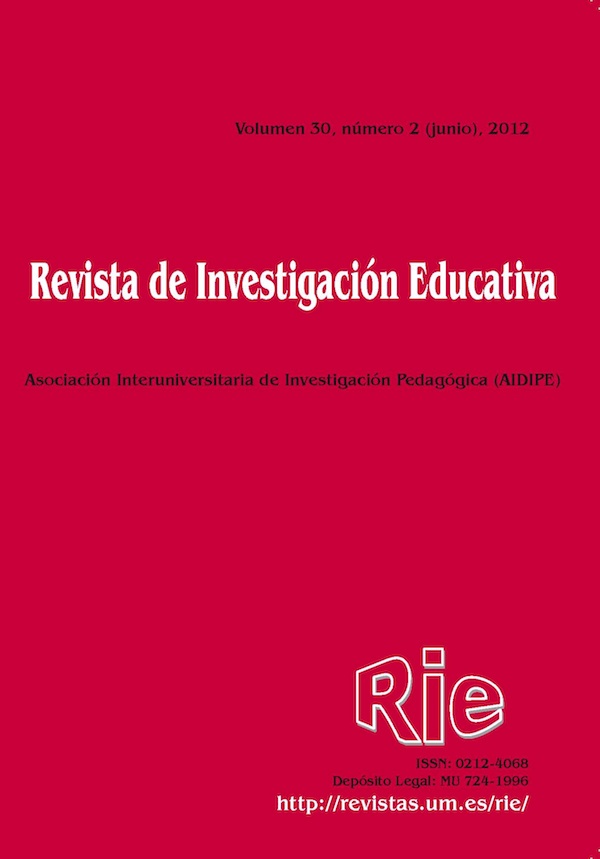Educational values and local educational programmes
Supporting Agencies
- Departamento Municipal de Educación del Ayuntamiento de Vitoria-Gasteiz
Abstract
The aim of this research study is to analyse the educational values worked on in educational programmes undertaken by the City Council of Vitoria-Gasteiz (Spain). The methodology is the following: 1) Text analysis of each of the principles outlined in the Charter of Educating Cities. 2) Analysis of the following variables: (general and specific) objectives, description of the programmes, content, target users, organisational features, etc. 3) Descriptive, statistical analysis of both the values for each activity, and the distribution by department. 4) Comparison of results obtained in the statistical analysis with the opinions of participants who took part in the design and development of the programmes. Conclusions: The values most dealt with in the different programmes were training, quality of life, and responsibility. At the opposite end, the values least worked on were peace and integration, participation and solidarity.
Downloads
-
Abstract962
-
PDF (Español (España))1091
The articles and scientific documents published in RIE abide the following conditions:
1. The Servicio de Publicaciones de la Universidad de Murcia (the publisher) has the property rights (copyright) of all the documents published and allows the reuse under the user’s license indicated in point 2.
2. All documents are published in the digital edition of RIE under a Creative Commons Reconocimiento-NoComercial-SinObraDerivada 4.0 Internacional. (legal document) license. These documents can be copied, used, distributed, communicated and explained publicly if: i) the author(s) and its original source of publishing (magazine, publisher and URL of the document) are cited; ii) it is not used for commercial purpose; iii) the existence and the specifications about this license are mentioned.
3. Auto-archive’s conditions. The authors are allowed and encouraged to digitally distribute the pre-print versions (a version before evaluation) and/or post-print (a version that it is already evaluated and accepted to its publication). This promotes circulation and distribution earlier and can increase the citations and significance within the academic community.










